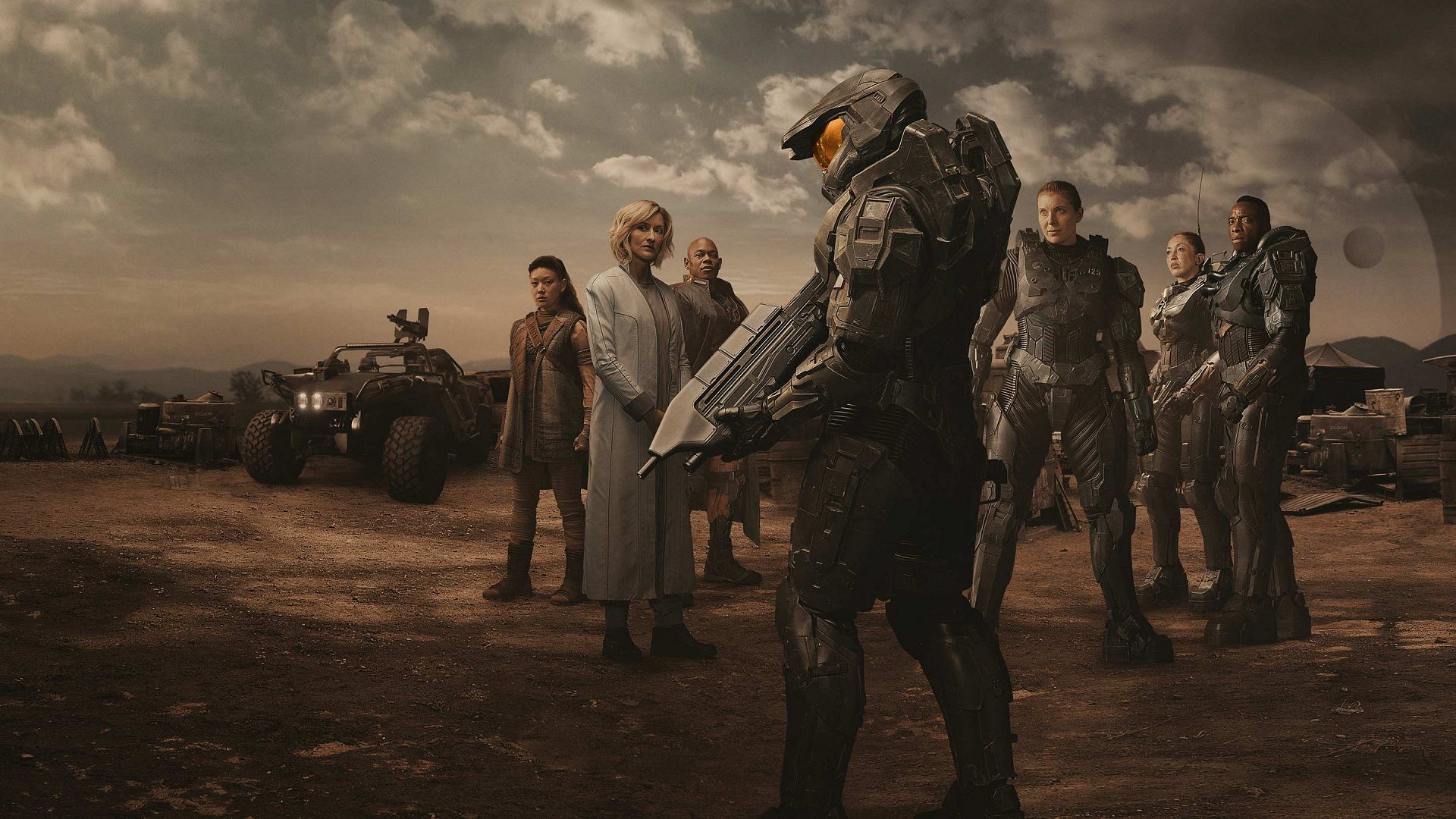The mega video gaming franchise Halo has finally been adapted to motion picture, thanks to Paramount+.
Keeping true to its legend and lore, Master Chief, Cortana, Spartan and more all feature in a SciFi battle against The Covenant.
Bringing fierce action, drama and political twisty-ness the series could easily be a standalone as much as it does honour the games.
Thanks to our mates at Paramount+ and TVNZ STG was exclusively invited to a Q&A session with the actors of Halo – the Series.
In the second part of our four part interview series we have a virtual chat with actor Natascha McElhone who plays the character Dr. Halsey.
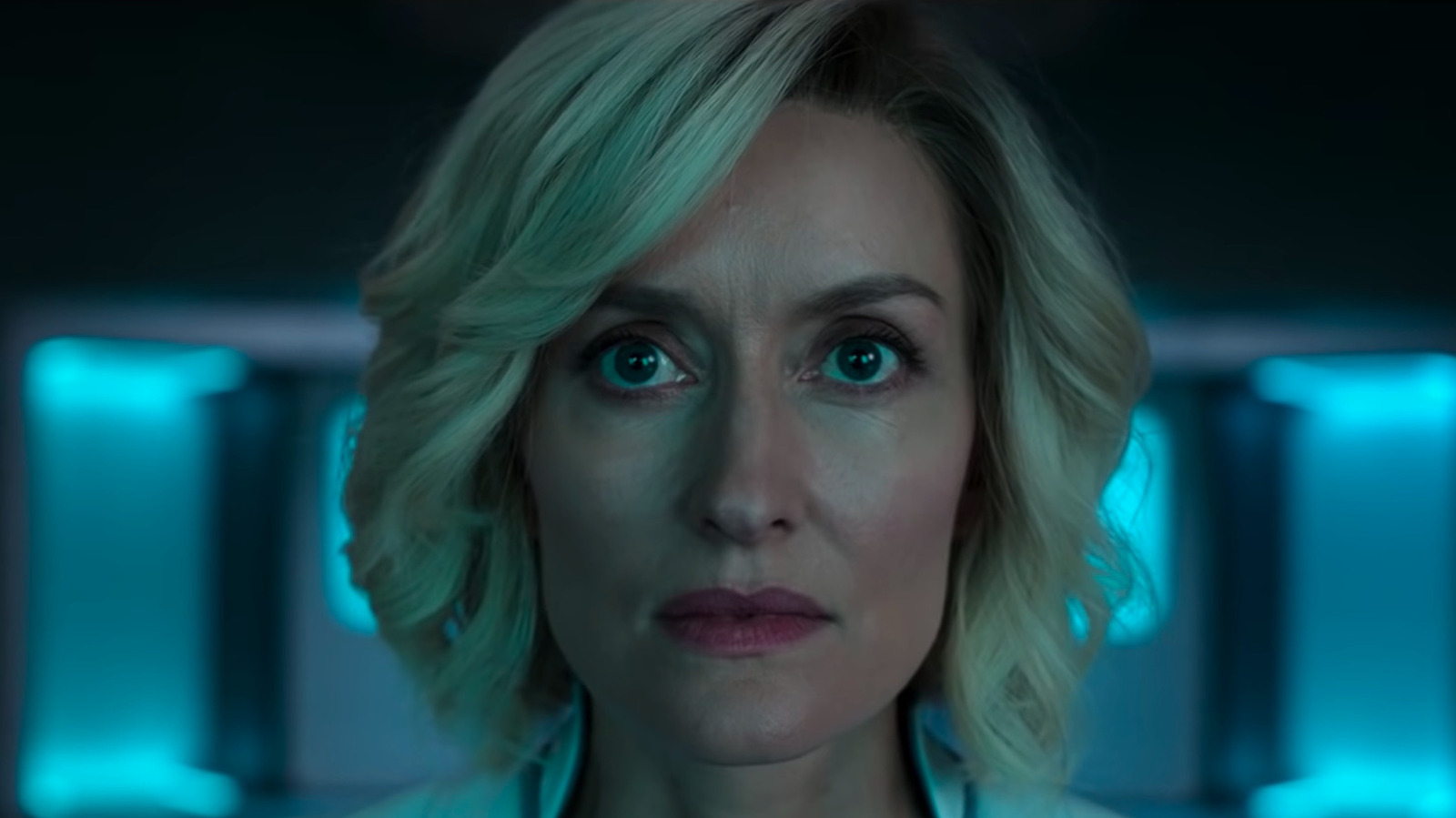
Natascha McElhone
Q: Your character is quite mysterious and I’m still trying to figure out is she good or bad. Did you have fun playing this character and what was your approach to this character?
Natascha: Yes, I did and I’m glad when that you can come down on one side or another. I’m hoping that it’s possible to hold both of these forces within one person in a way that I suppose, you know, I’m trying to think of our metric for, say, intelligence or something.
It’s not uni-dimensional, and neither is morality. So maybe there’s space for her to be a character who is interested in creating a world where she saves humanity from self destruction or annihilation by the Covenant. But in order to do that has to sacrifice some, you know, lives in the short term in order to save many more in the long term, I suppose. But it was great fun to play and complicated.
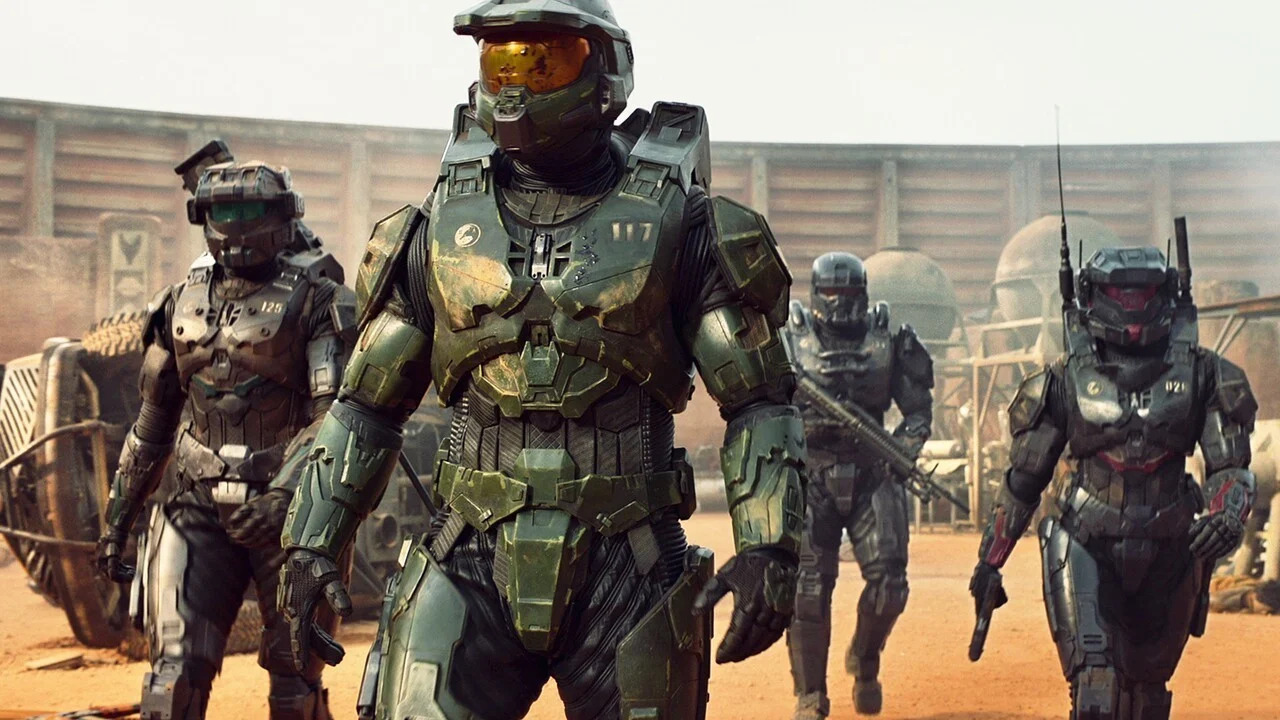
Q: How did you create the chemistry and dynamic with Jen Taylor as Cortana as she’s portraying an intelligent, artificial intelligence?
Natascha: Well, I guess you see the whole process of the creation and invention of her. So I, to be honest, most of my research and most of the reading I did in preparation for the show was around how to create or how would we create sort of Cortana like, artificial intelligence.
I found all of that really fascinating.
And this idea that I’ve sort of been banging on about, that morality always lags behind the technology. She doesn’t really think like people, because in her mind she belongs to only one way of thinking, which won’t help us progress out of the extinction of our species, which when we start the show, it looks like the Covenant is going to annihilate us and the Spartans need help.
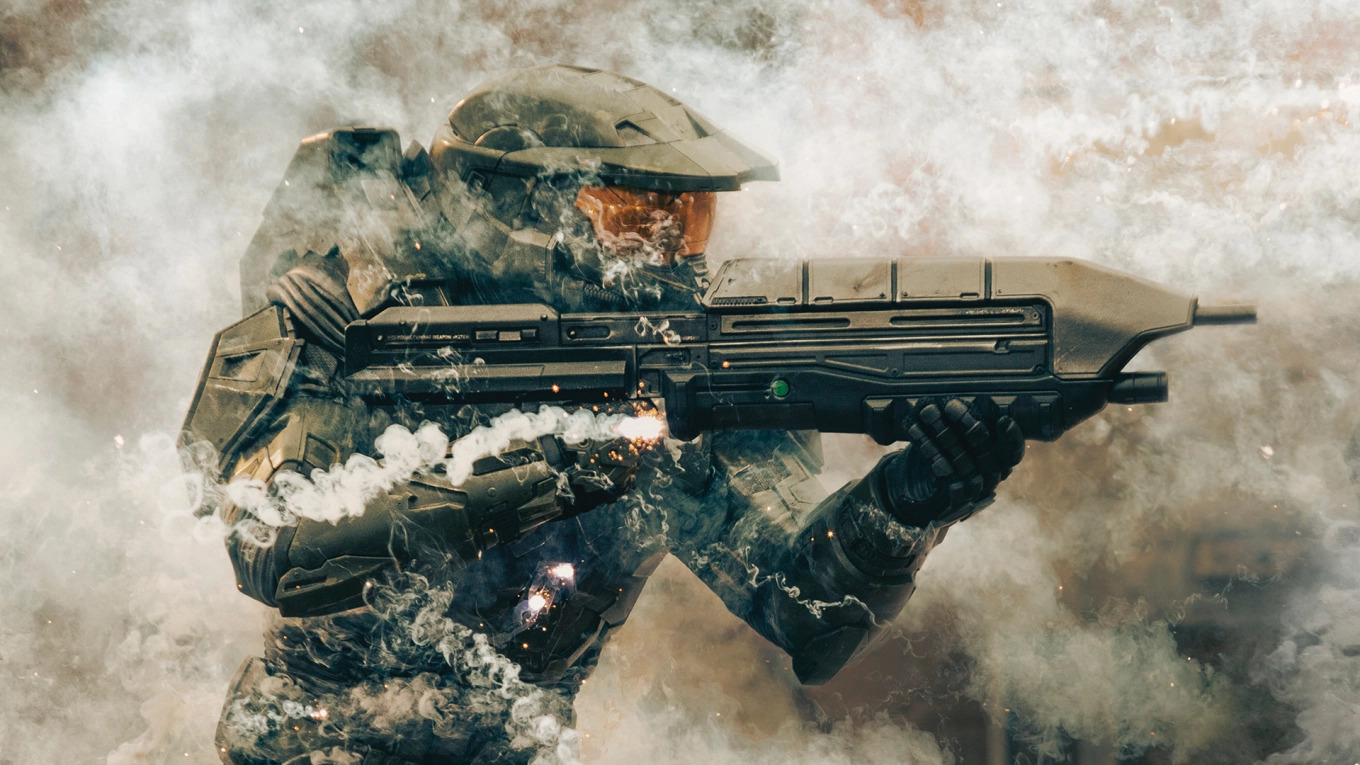
Q: You were introduced to the game because of your husband and son’s which primarily had an effect on you. Is that correct? And if yes, how did that help you build on your character?
Natascha: Well, to be perfectly honest, I wouldn’t say that my first introduction to Halo was a joyous creative experience.
It was more of an obstacle to the running of the household. My husband spent quite a long time playing with my little boy on his lap, which I wasn’t sure really counted as childcare but he insisted it did.
To be fair, it doesn’t seem to have done my son any harm. It was a lovely kind of symmetry, if you like, coming into it then as a sort of newbie, I was ignorant in the mechanics of how to play it.
So I did boot camp and I also hung out with a friend who had played three years worth of Halo and who had lived in this portal for many of his student years. He explained the obsession to me, which was really cool.
I had to pivot all of my preconceived ideas about gamers.
Also, my brother is a gamer and a journalist.
He also schooled me a little. But we know, in terms of the actors playing these roles that were well established in the games, we had to find our own way into the characters and a viability that you wouldn’t necessarily get from an animated figure, like we’re not made from silicon.
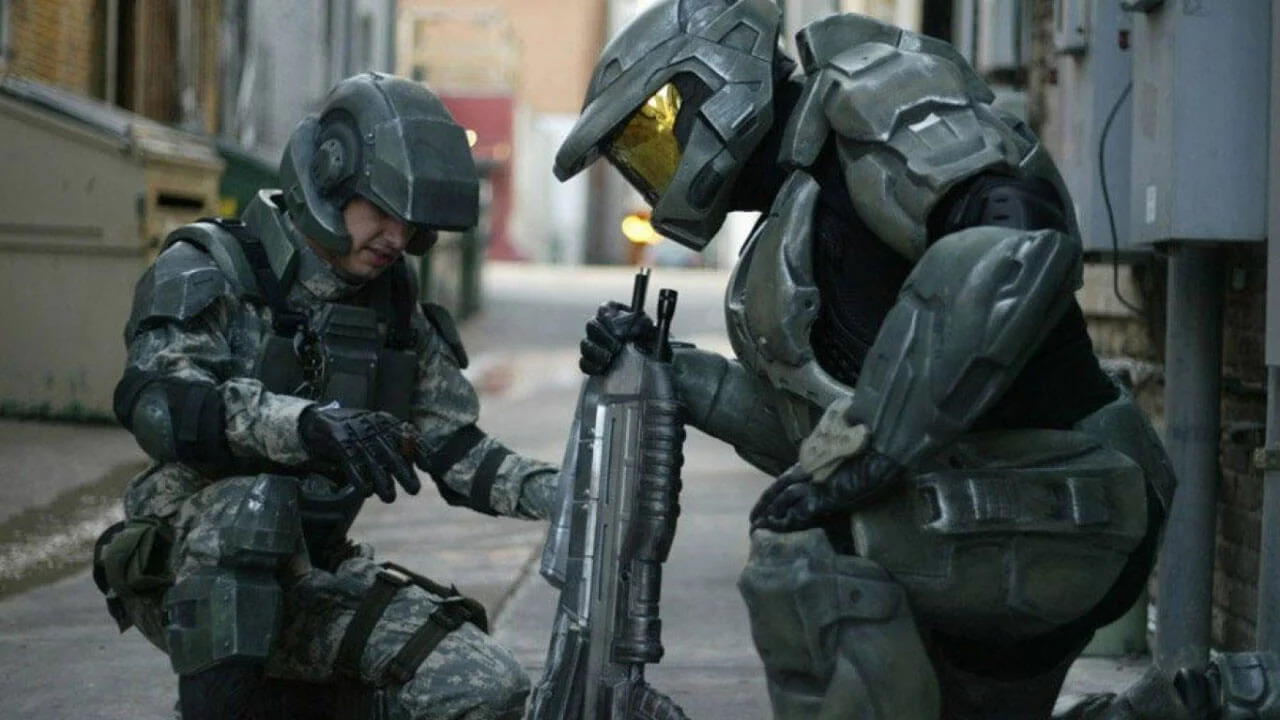
Q: Has the idea of playing a scientist changed a bit considering all the fights that have erupted around science within the real world recently, has any of those kinds of issues had any impact on the way that you approach the role, the way that you see the role or whether it’s just a question of sticking to the character that you’re given and working within the world that’s been created for?
Natascha: I think there was a lot of discussion and collaboration on the themes that we would press in person and the ones that you know, they would hold back on because they weren’t relevant or pertinent to the Halo universe.
So we do drill into this stuff a little more, I think throughout the series, and certainly in Season Two as well.
Dr. Halsey is first and foremost a scientist, but she’s also a dreamer. An inventor and innovator. And she’s experimental in her approach to life. She’s risk averse. She’s all of these things that we maybe don’t see. An awful lot of today people are quite compliant, we have group-think, she is very much outside of this.
Human beings have used their resources to destroy one another thus far or to destroy, you know, another living species and that’s not going to continue we need to collaborate we need to find a way of not being at war all the time, reducing that risk and so she’s interested in creating forms of consciousness and intelligence that can be more predictive. You know, be more helpful in warfare I suppose. But ultimately, I think she’s really interested in getting out of war and ending that kind of existence.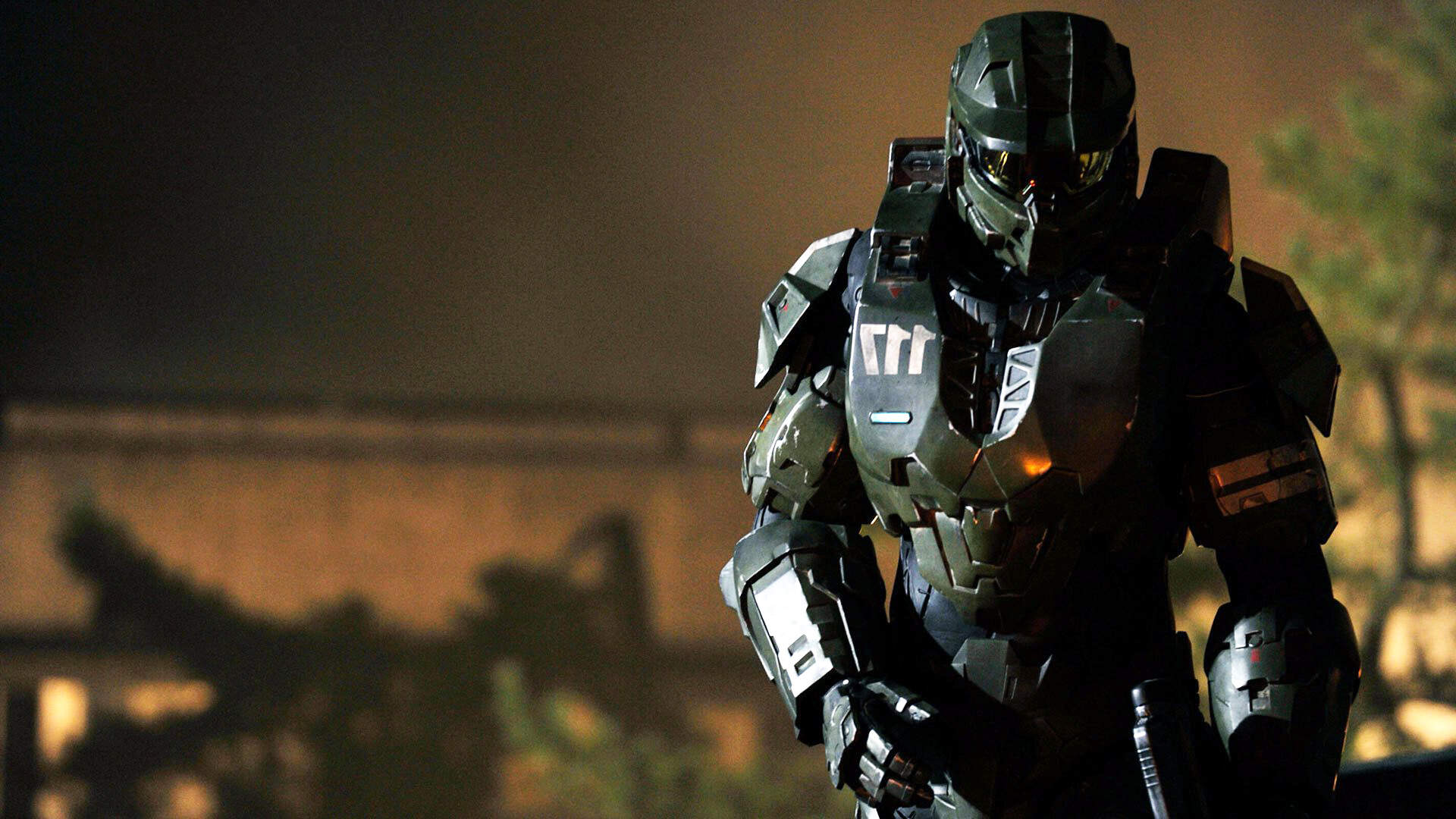
Q: Halo is a quite big production. How tricky was it to shoot this during the whole COVID restriction?
Natascha: Yes, that was an out of body experience for sure. We did shut down for a year.
Then we came back and there were so many protocols for wearing masks while you’re acting and then taking them off. I mean, yeah, it was crazy as it was for everyone in every walk of life. So I feel really, really blessed that I had a job to go back to in the middle of the pandemic and that we’d already established ourselves and were already were up and running. Also in a sense that it has given us a chance to regroup and think about the parts of the story that were and weren’t working, I suppose.
Q: You spoke a bit about playing the game. And doing the research of the world, etc. But obviously then you go into the set and you see the kind of version of the world that’s been created, and in which you’re going to work. What was your reaction to going from the one to the other and how do you feel about the way that the production team had visualized the universe of Halo?
Natascha: I guess the biggest differences is when you’re playing the game, you know, you’re Masterchief so there are just so many differences because obviously, you’re an audience now, in terms of the TV show, you’re not in the head of any of the characters.
So even though it is the Halo universe and we have to tap into that, we saw the timeline is the one that we’re in and there’s a ton of stuff that’s borrowed and inspired by the game but there’s also a pivoting, new iteration of translation onto the screen.
So I wasn’t surprised that it felt different and also, you’re acting on a project that’s set in the future. There was so much in this particular world where there are so many different Universes and you’re dealing with all kinds of different planets and species and aliens and you know, Covenants,
You’re creating all of those things. Also a lot of it is CGI, so it’s not really there. So you’re having to act with a little red dot on a green screen or you’re sort of suspended outside of any reality, to be honest, and it is incumbent upon you to create the wonder that you’re meant to be seeing around you.
There are so many points of disconnect, I suppose, that’s the nature of acting and the these kind of productions.
Halo the Series is streaming now on Paramount+ internationally and on Duke on TVNZ.

